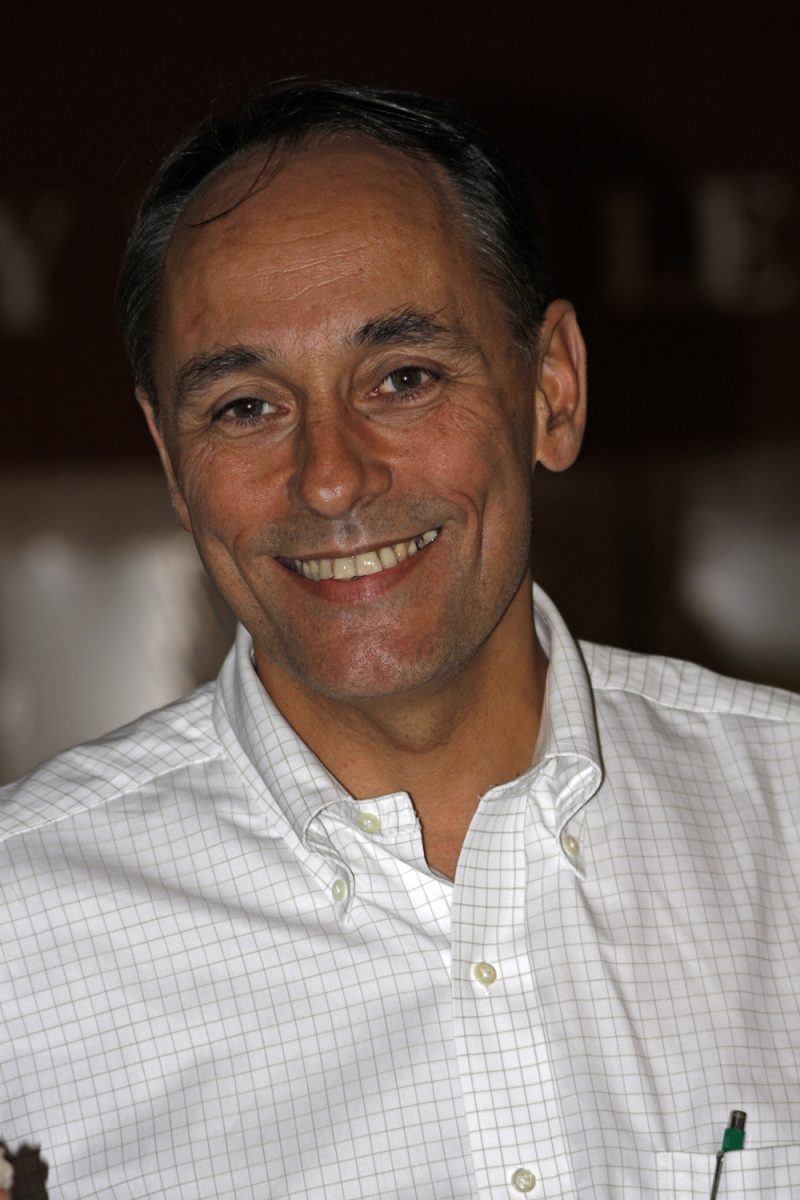

Winship Herr
Winship Herr obtained his B.A. from the University of California, Santa Cruz, and a Ph.D. in biochemistry and molecular biology from Harvard University, where he worked with Walter Gilbert. Following six months in the laboratory of Frederick Sanger at the MRC Laboratory of Molecular Biology in Cambridge, England, Herr joined Cold Spring Harbor Laboratory as a postdoctoral fellow in 1983. He was appointed to the laboratory staff in 1984, and remained until 2005, when he joined the University of Lausanne. In 1998, Herr spearheaded the establishment of the Watson School of Biological Sciences and the accreditation of CSHL as a Ph.D. degree-granting institution. He served as the school’s founding dean from 1998 to 2004. Besides being a Rita Allen Foundation Scholar, Herr is a former National Science Foundation predoctoral fellow, Helen Hay Whitney postdoctoral fellow and CSHL Lita Annenberg Hazen Professor of Biological Sciences. He is a member of the European Molecular Biology Organization and has received an honorary Doctor of Science degree from the Watson School of Biological Sciences.
Herr is interested in how the two complete sets of instructions contained within the genomes we inherit from our parents direct a single cell—the zygote—to become an adult human being. This process results from controlled patterns of gene expression that are maintained, as well as changed, during many rounds of cell division, differentiation and death. Control of gene transcription is fundamental to these processes—with genetic and epigenetic defects in transcriptional regulation often leading to human diseases, including cancer. To investigate transcriptional regulation, Herr’s laboratory studies HCF-1, a key regulator of human cell proliferation. Within our cells, HCF-1 resides at many transcriptional start sites, recognizing promoter-specific transcription factors and recruiting enzyme complexes involved in chromatin structure regulation (e.g., states of histone acetylation and methylation) for activation and repression of transcription.